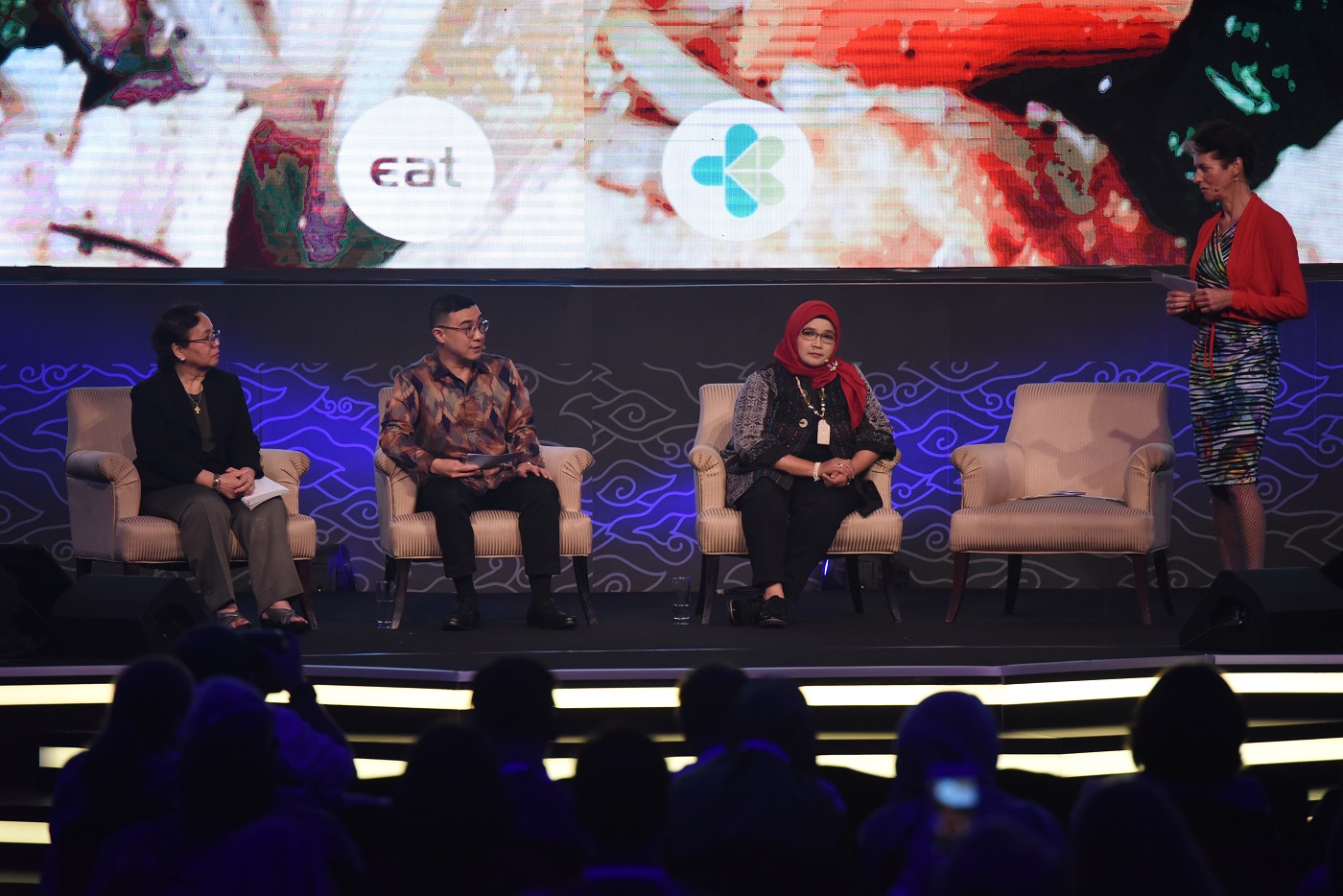
News & Events
FIA Video: Scaling Up Nutrition through Multi-Stakeholder Partnerships
By Food Industry Asia (FIA)
To invest in a better future, in which all forms of malnutrition are addressed, all stakeholders across multiple sectors must come to the table: by stepping out of their comfort zones to bring about change, focusing on concrete impact while building trust and creating win-win solutions, and ensuring usage of an inclusive and transparent data system, said Ms Gerda Verburg, Assistant Secretary-General at the United Nations, and Coordinator of the Scaling Up Nutrition (SUN) Movement.
Speaking with Food Industry Asia (FIA), Ms Verburg emphasised how 12 of the United Nations’ 17 Sustainable Development Goals (SDGs) are connected to food and nutrition, stating that a whole-of-society approach – “leaving no one behind” – is therefore critical in addressing the complex challenges related to malnutrition.
Ms Verburg spoke and moderated a panel on “How to Build (Multi-stakeholder) Trust to Change Behaviours to Tackle Multiple Forms of Malnutrition?” during the inaugural EAT Asia-Pacific Food Forum, which took place at the end of October in Jakarta, Indonesia.
Panellists Dr Rina Agustina, Chair, Human Nutrition Research Center and Doctorate Study Program in Nutrition, Department of Nutrition, Faculty of Medicine, Universitas Indonesia; Dr Sansan Myint, United Nations Renewed Efforts Against Child Hunger and undernutrition (REACH) Facilitator, Myanmar; and Mr Axton Salim, Co-Chair of Scaling Up Nutrition Business Network (SBN) and Director, PT Indofood Susses Makmur Tbk, spoke on building trust among stakeholders, and working together toward a common goal.

Ms Gerda Verburg, Assistant Secretary-General at the United Nations, and Coordinator of the Scaling Up Nutrition (SUN) Movement, moderates a panel discussion on “How to Build (Multi-stakeholder) Trust to Change Behaviours to Tackle Multiple Forms of Malnutrition?” during the EAT Asia-Pacific Forum on 31 October 2017 in Jakarta, Indonesia.
In order to develop innovative win-win solutions, they said, capacity and service gaps across sectors must be addressed, efforts and resources must be invested within communities – starting from the grassroots level, and civil society must play a role in holding all sectors accountable.

